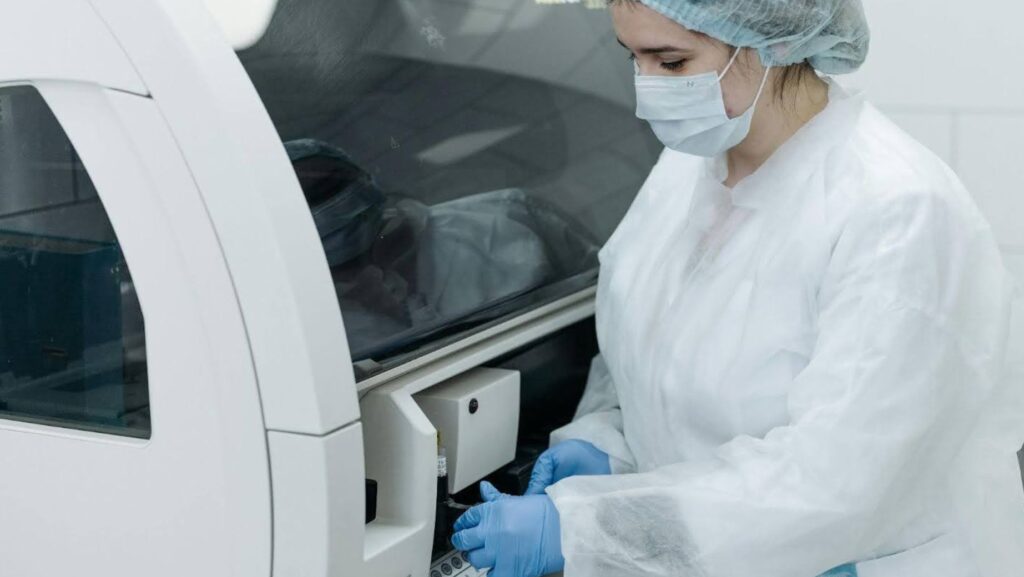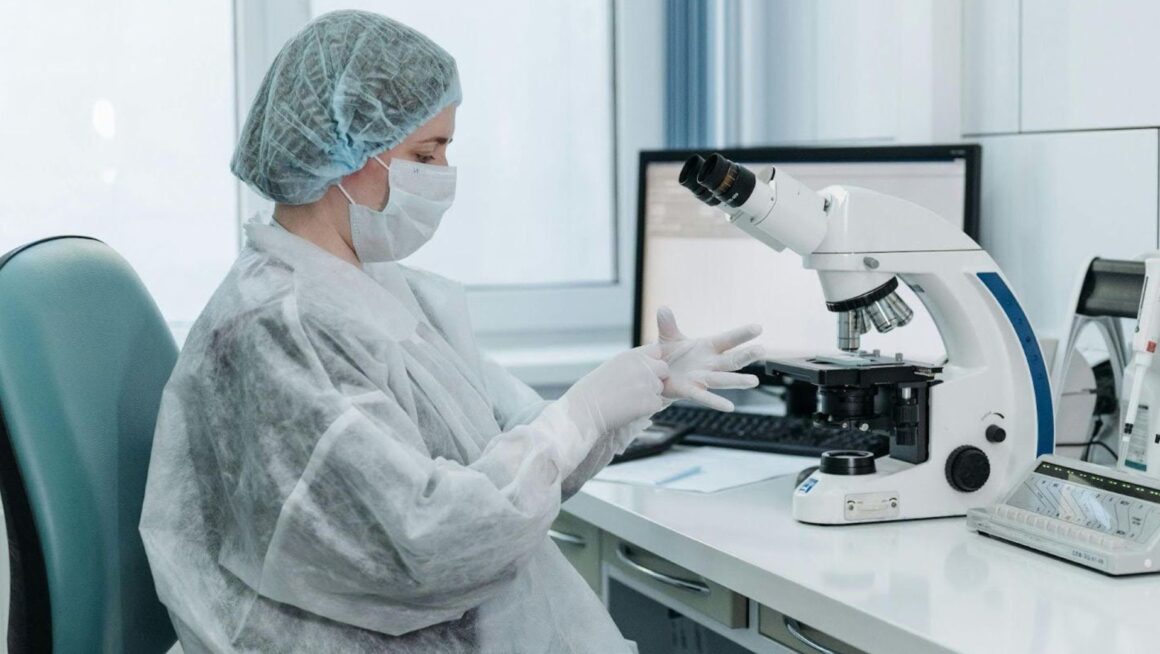
The medical world is changing at an incredible pace. New tools keep popping up, and they promise to transform how we understand and treat the human body. Some of these technologies sound like science fiction made real. They are powerful, and they raise questions that go way beyond the lab. People are excited, but they are also cautious. With great power comes big responsibility.
In this landscape, single cell sequencing has become a key player. It allows doctors and scientists to look at the tiniest building blocks of the body one by one. The insights are huge. The potential for new treatments is massive. Yet, alongside the progress, there are serious ethical concerns that we cannot ignore.
Patient Privacy and Sensitive Data
Genetic data is not like any other data. It is the blueprint of who we are. If that information gets misused, the harm can last for life. Hackers could get access. Insurance companies could use it to deny coverage. Employers might misuse it in hiring decisions. Patients deserve protection at every step.
Privacy rules are evolving, but they often lag behind the pace of science. Researchers must stay alert. They need to ask tough questions before starting a project. How is the data stored? Who can see it? For how long? Clear answers matter. Without strong safeguards, trust breaks down fast.
Consent That Truly Means Consent
Most people know about medical consent. You sign a form before a surgery or a test. But when genetic tools are involved, the process becomes trickier. Many patients do not fully understand what happens with their samples. They may not realize how much information can be revealed later on.
True consent means more than a signature. It means plain language explanations. It means giving people time to think. It also means allowing them to change their minds later. Once genetic data is shared, it is hard to take back. This is where clear rules and constant communication are critical.
Equity and Access to Treatment
Advanced tools are expensive. Not every hospital can afford them. Not every country has the same resources. That gap creates unfair situations. Patients in wealthy areas may get cutting-edge treatments. Patients elsewhere might wait years for access.
This raises tough ethical questions. Should lifesaving tools only go to those who can pay? How can governments and health systems make sure new discoveries help everyone, not just a few? The answers are complex, but the discussion must keep going. Fair access needs to be part of the plan from the start.
Balancing Discovery With Risk
Researchers are driven by curiosity. They want to uncover new knowledge. That drive fuels progress, but it also creates risk. Some genetic tools allow for deep edits to DNA. The long-term effects are still unknown. Mistakes could be passed down for generations.

This is where oversight matters. Independent review boards need to check studies before they begin. Risks should be clear and proportional to the possible benefits. Innovation is valuable, but it cannot ignore the human cost. Science without limits can do as much harm as good.
The Psychological Impact on Patients
There is also the emotional side of genetic knowledge. Learning about your DNA can be empowering. It can also be frightening. Imagine discovering you carry a high risk for a disease that has no cure. That knowledge might cause stress, fear, and even discrimination.
Doctors and counselors play a big role here. Patients need support as they process information. They should never feel abandoned with heavy news. Genetic testing must be paired with care that respects the whole person, not just their DNA.
The Global Responsibility
Genetic tools cross borders fast. A discovery in one country can affect people worldwide. That means the ethics of these tools cannot be limited to local laws. There must be international conversations. Shared guidelines could help prevent misuse and keep the focus on patient well-being.
At the same time, cultural differences must be respected. Not every society views genetic data in the same way. Some communities may resist certain practices. Others may embrace them. Collaboration across nations is the only way to set fair standards that work for everyone.
Moving Forward With Care
The promise of advanced genetic tools is real. They can change medicine in ways we once thought impossible. But each step forward must be taken with care. Patient rights, privacy, and fairness must remain at the center of every project.
Ethics is not a side topic. It is a foundation. Without it, progress risks losing public trust. With it, innovation can move in the right direction. The path ahead is complex, but one thing is clear. The future of medicine depends on balancing discovery with responsibility.












